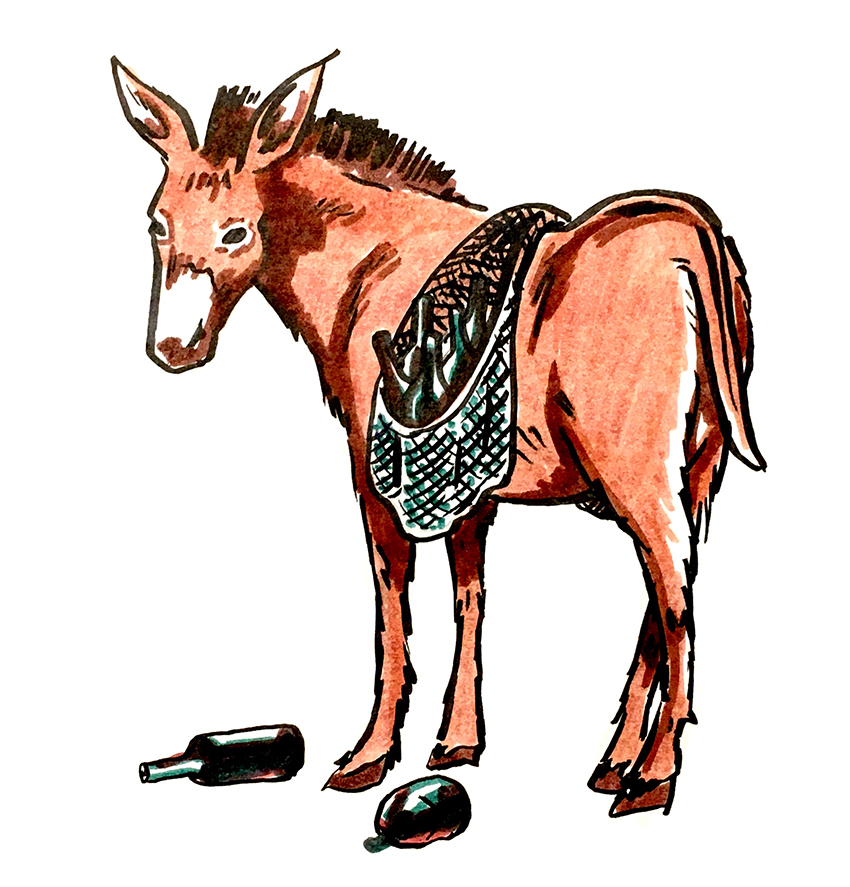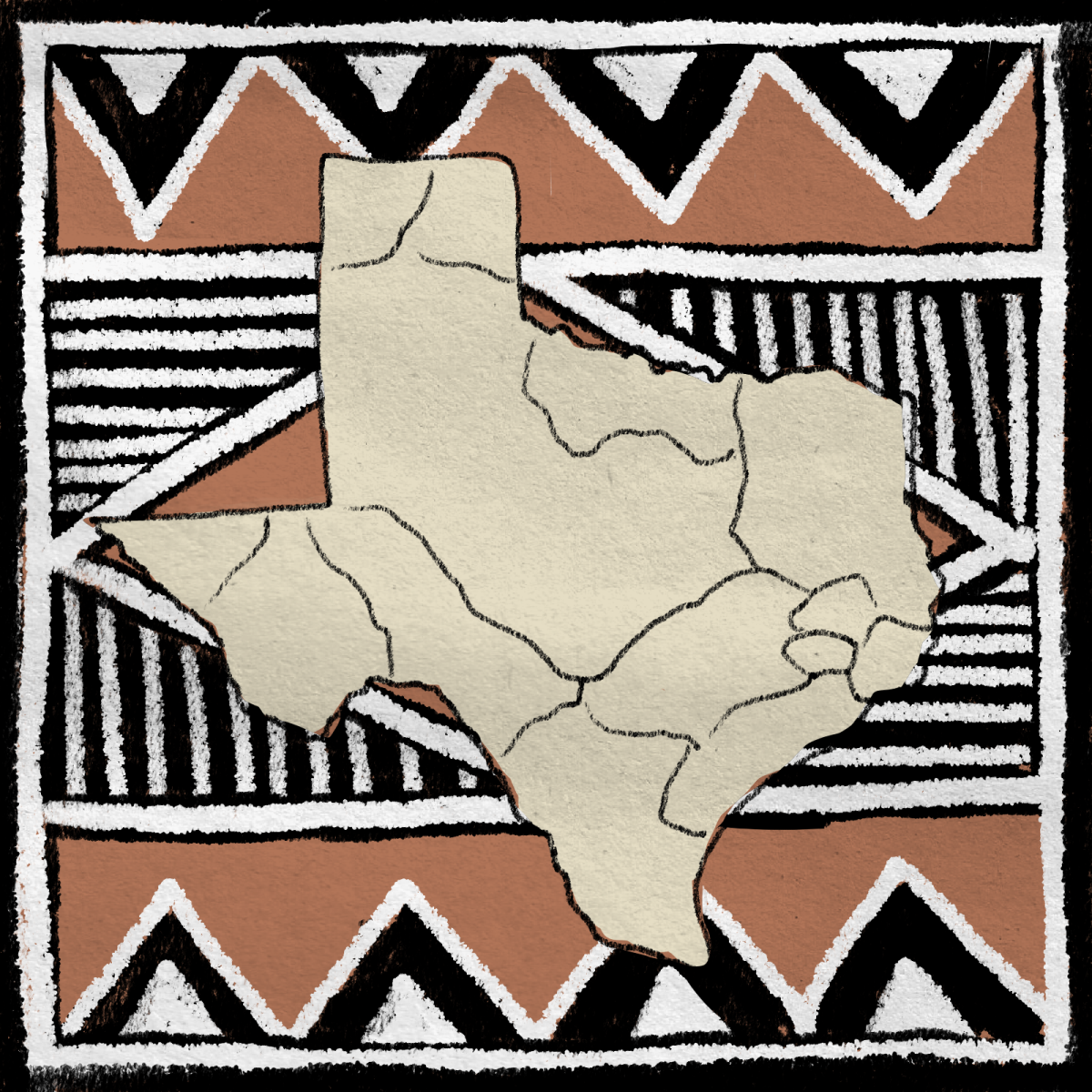The stereotypes of 1920s prohibition are typically limited to thickly accented mafia leaders and elaborate speakeasies in the heart of New York. But in the South, the law quietly gave way to a new generation of contraband, smuggling and outlaws.
This afternoon, a panel will gather at the Bob Bullock Texas State History Museum to discuss bootlegging in the southern borderlands during the prohibition era. The program, presented in conjunction with the Texas State Historical Association, will take place as part of the longer running prohibition era exhibit, “American Spirits: The Rise and Fall of Prohibition,” which will be on loan from the National Constitution Museum until Jan. 6.
“We wanted to highlight more Texas-specific ancestry related to prohibition,” said James McReynolds, public programs manager for the Bob Bullock Museum. “There are a few key figures from the national prohibition story that are from Texas.”
During the event, McReynolds said the speakers, who are experts on different facets of borderland smuggling in the 1920s, will not only take audiences back to bootlegging times, but will also discuss how Texas tied into the national prohibition issue and how this correlates to present day political arguments.
George Diaz, an expert on the topic and a presenter for the event, said he was inspired to research this topic because he grew up on the border. Diaz has since authored the book “Border Contraband: A History of Smuggling Across the Rio Grande,” which looks at 100 years of contraband smuggling from 1848 to 1945 after World War II. He said the issue started with tariff evasion and trade taxes, and by the 20th century, smuggling became lucrative through prohibition.
“When prohibition began, the people who were smuggling alcohol were locals who basically saw opportunities,” Diaz said. “The men would purchase alcohol in Mexico and put it on the backs of mules or donkeys and smuggle alcohol through the brush country in South Texas. These tequileros would get in shootouts with Texas Rangers and customs and border patrol agents.”
Brendan Payne, another expert and panelist, said he has focused on the response of different races and ethnicities to prohibition throughout the state, how religion was used to oppose prohibition and the role that the state of Texas played in the only constitutional amendment that has ever been repealed.
“The more research I did, the more I realized African- and Mexican-Americans were essential parts of the anti-prohibition coalition in Texas,” Payne said.
Joseph Locke, who will also be speaking, said he has looked into religious support for prohibition in the state and the way the values of Texans played a part in their support or lack thereof for prohibition in the 1920s.
“This was pushed overwhelmingly by religious leaders,” Locke said. “To understand that when so many people were fighting against prohibition, they felt themselves fighting against this mixing of religion and politics.”
Diaz said it will be interesting to see how these arguments on past laws can correlate to today’s political issues such as border security and the approaches today’s citizens take in regard to government and laws. He said it is important we take a step back and look at what lessons we can learn from our past.
“There is a lot of talk about securing borders and that talk … is based on the false narrative that once upon a time borders were secure,” Diaz said. “In reality, borders have never been secure.”
This, Diaz said, is just one example of how government efforts to prohibit movement at the border have only increased criminality and the ways in which issues of the 1920s haunt us today.















